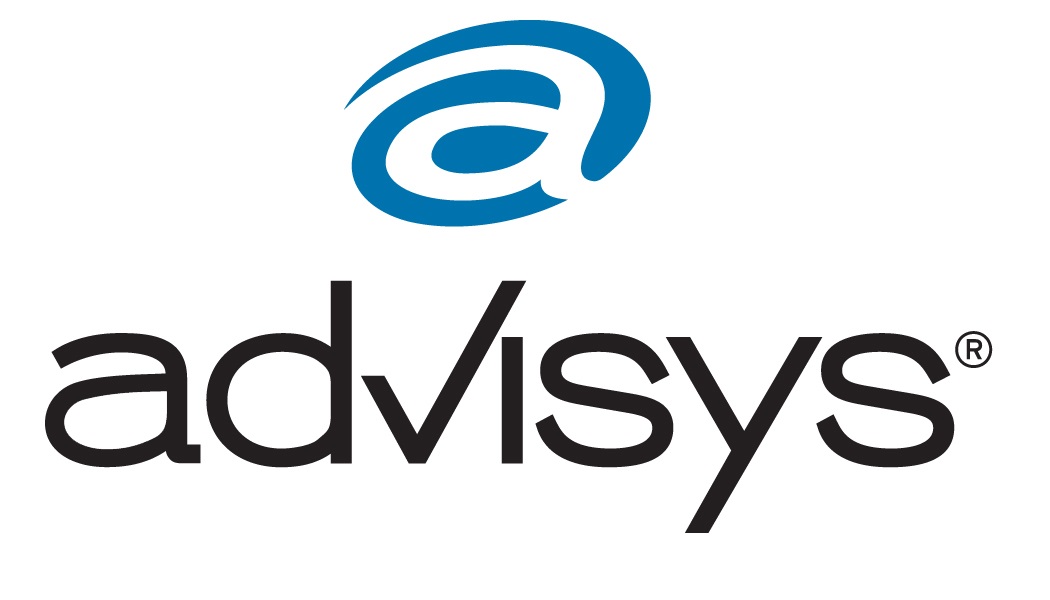Planning for the recently divorced
When you find yourself going through a divorce there are typical steps you can take to protect yourself and your loved ones.
Being "suddenly single" can be an emotional and financial roller coaster. It can happen at any age and means that you are in charge of your personal finances. So, it's important to find the right people and resources to help make decisions on financial issues you might not be familiar with. When you have control over your finances, other decisions are easier and the transition to a new life is less stressful.
Create a plan
For better or worse, we all have a "paper" trail. Following that trail makes creating a plan easier:
- Obtain copies of all key documents such as the divorce decree, bank and brokerage accounts, credit cards, IRS records and insurance policies.
- Close all joint accounts and open new bank, credit card and other accounts in your single name.
- Dis-inherit your former spouse. Create a new will and other needed estate planning documents and change the beneficiaries on your life insurance, 401k, IRA and pension accounts.
- Create and follow a realistic budget. Keep monthly payments on track so your credit isn't impaired.
If you're a single parent ― protect yourself and the kids
Be sure you have enough life and disability insurance to protect the children in case something happens to you. As a part of your new estate plan, detail your wishes for the care of your children if you're not around or are no longer able to care for them.
Maximize your employee benefits
Be sure to explore all of the benefits your employer offers ― and use the ones that make the most sense for you and those in your household. Employer-sponsored group health insurance, group term life insurance, and qualified retirement plans are valuable employee benefits.
Reassess your long-term goals
Take the time to reassess your long-term goals, such as planning for retirement or funding college for the children. Is more education needed to reach your personal and professional goals?
- To reach your retirement goals, make maximum use of employer-provided plans such as a 401k, 403b, or pension plans. Consider a traditional or Roth IRA to supplement employer plans.
- Review any existing college funding plans. A reduction in household income may make additional financial aid available. High school counselors can help determine what options are available.
- Don't forget to think of yourself. Where do you want to go in life?
And get the professional help you need
Talk to friends and family for referrals to people they work with and trust. Make a list of your most important concerns and find experienced professionals in those areas.





